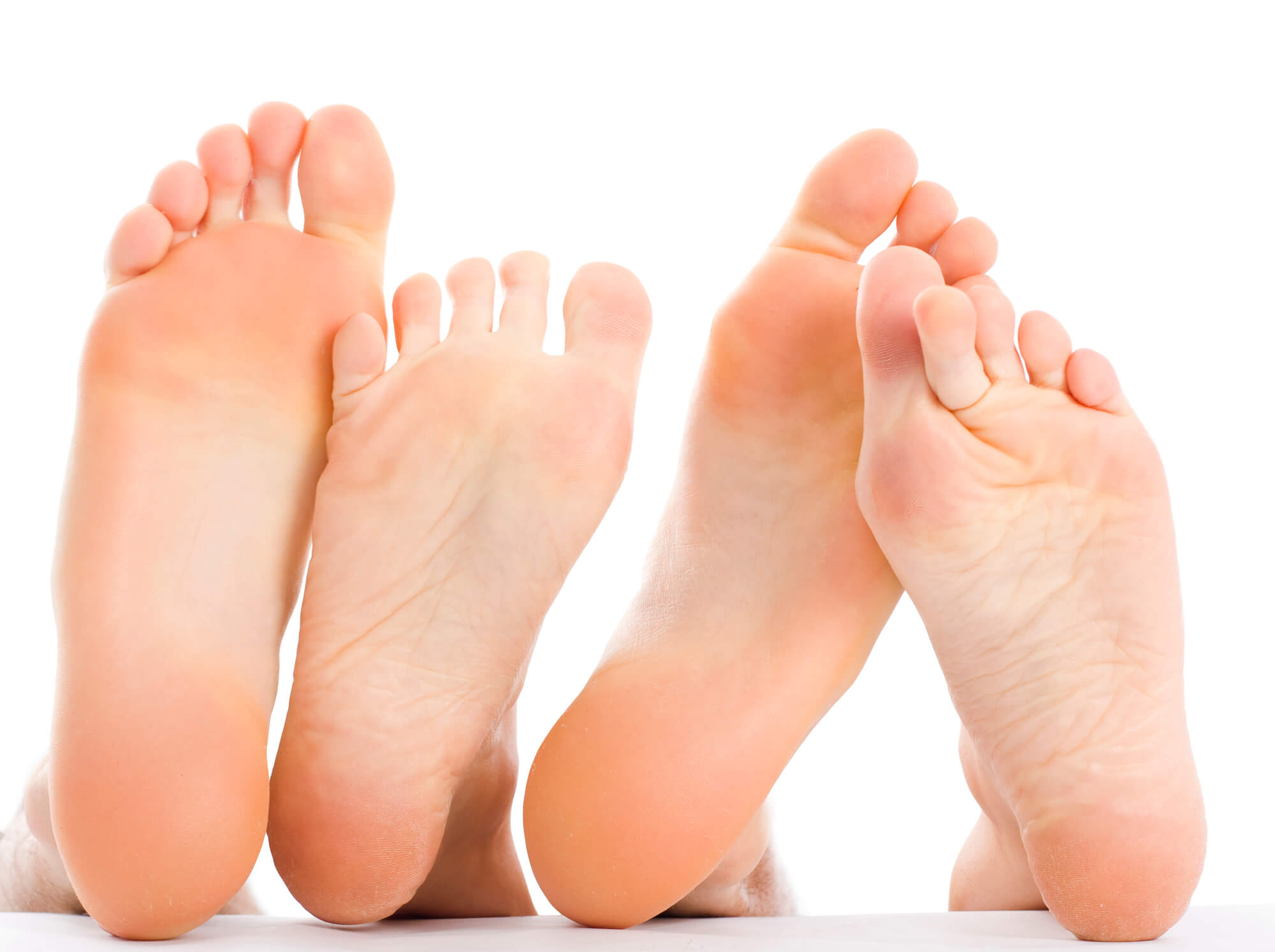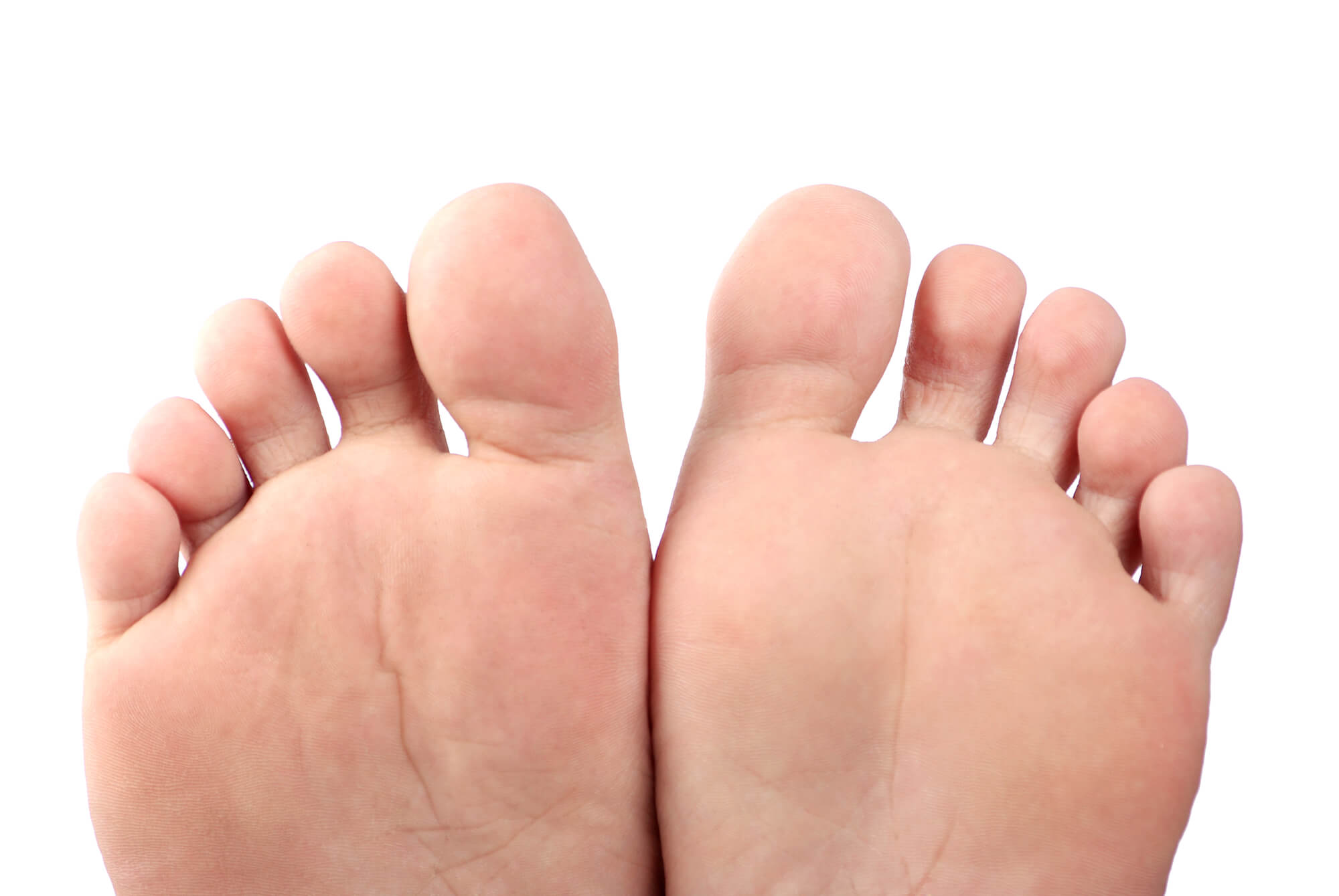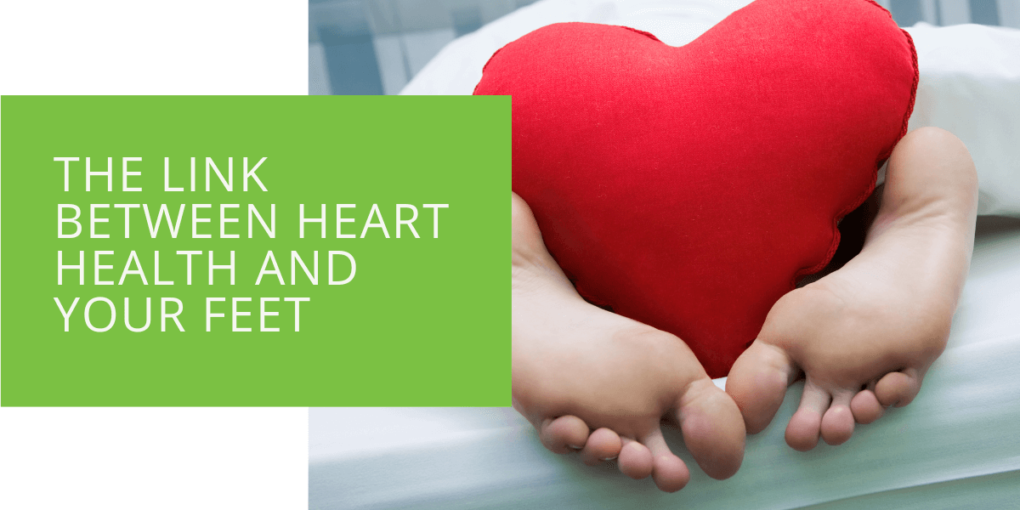The Link Between Heart Health and Your Feet
Maintaining good health is essential for everyone, and our bodies are made up of many interconnected parts. One such connection is the link between our heart health and foot health. While it may not seem obvious, the health of your feet can provide important clues about the health of your heart. This article will explore the link between heart and foot health and how paying attention to your feet can help you maintain a healthy cardiovascular system.
Understanding the Connection
The cardiovascular system is responsible for transporting blood throughout the body, delivering vital nutrients and oxygen to our cells. Poor cardiovascular health can cause many problems, including high blood pressure, peripheral arterial disease, stroke, heart attack, and heart failure. When the heart isn't functioning properly, it can impact blood flow to other body parts, including the feet.
If you have poor circulation due to heart disease, you may experience symptoms such as swelling, pain, or cramping in your feet and ankles. You may also notice that your feet are slow to heal from injuries or wounds. These symptoms can be a sign of peripheral arterial disease, where the arteries in the legs and feet become narrowed or blocked, reducing blood flow to the area.
The Importance of Foot Care for Heart Health
Foot problems can be an early sign of heart disease, making it crucial to pay attention to your feet and seek medical attention if you experience any symptoms. The following subheadings outline why foot care is important for heart health and how you can maintain healthy feet.
Foot Problems and Heart Disease
As mentioned earlier, foot problems can indicate an increased risk of heart disease. For example, peripheral arterial disease (PAD) is when the arteries in the legs and feet become narrowed or blocked, reducing blood flow to the area. If left untreated, PAD can lead to serious complications such as tissue damage, infection, or even amputation. Studies have shown that people with PAD are at a higher risk of heart attack, stroke, and other cardiovascular problems.
In addition to PAD, other foot problems such as poor circulation, swelling, or cramping can indicate underlying heart issues. For example, if your heart is not pumping blood effectively, it can cause fluid to accumulate in your legs and feet, leading to swelling or edema. This can be a sign of heart failure, a condition where the heart cannot pump enough blood to meet the body's needs.

Regular Foot Checkups
To maintain good foot health and detect any problems early, it's important to schedule regular foot checkups with your doctor or podiatrist. During a foot exam, your healthcare provider will check for any signs of foot problems, such as blisters, sores, or wounds that are slow to heal. They will also check your pulse in your feet to assess blood flow and perform other tests as needed.
If you have or risk developing heart disease, your healthcare provider may recommend more frequent foot checkups. This is because foot problems can indicate an increased risk of cardiovascular problems, and early detection and treatment can help prevent serious complications.
Foot Care Tips
In addition to regular checkups, there are many things you can do to maintain good foot health and reduce your risk of heart disease. The following are some tips:
- Keep your feet clean and dry: This helps prevent infections, such as athlete's foot, which can lead to foot ulcers.
- Wear properly fitting shoes: Too tight or loose shoes can cause blisters, sores, or other foot problems. Choose shoes that provide proper support and cushioning, and avoid high heels or shoes that are too narrow.
- Practice good foot hygiene: Trim your toenails regularly, and avoid cutting them too short. Moisturize your feet to prevent dryness and cracking, but avoid applying lotion between your toes, as this can increase the risk of infection.
- Exercise regularly: As mentioned earlier, exercise can promote healthy circulation and reduce your risk of heart disease. Walking, running, or biking are all great options.
- Monitor your feet for changes: Check your feet regularly for any signs of problems, such as swelling, redness, or sores that won't heal. If you notice anything unusual, seek medical attention right away.
By following these tips and seeking medical attention when necessary, you can maintain healthy feet and reduce your risk of heart disease. Remember, foot care is an important part of overall health; small steps can lead to big changes in your well-being.

Tips for Maintaining Foot Health and Heart Health
You can do many things to maintain both foot and heart health. One important factor is exercise, which can promote healthy circulation throughout the body. Regular exercise can help reduce blood pressure, lower cholesterol levels, and reduce the risk of heart disease. Simple exercises like walking, running, or biking can be very effective.
Another important factor is diet. A healthy diet can benefit heart and foot health by providing the necessary nutrients to maintain good cardiovascular health. A diet high in fruits, vegetables, lean protein, and whole grains is ideal. Avoid foods high in saturated fat, salt, and sugar, increasing your risk of heart disease and other health problems.
Proper footwear is also important for maintaining foot health. Shoes that fit well and provide proper support can help reduce the risk of foot injuries and other problems. If you have foot pain, speak with your doctor or podiatrist to determine the best type of footwear for your needs.
Conclusion
The link between heart and foot health is real and should not be ignored. Paying attention to your feet can provide important clues about your cardiovascular health. Symptoms such as swelling, pain, or cramping can indicate poor circulation and may indicate a more serious condition. Maintaining foot health through proper exercise, diet, and footwear can help reduce your risk of heart disease and other health problems. If you experience any foot problems or symptoms, seek medical attention to address the issue and protect your overall health. Remember, prevention is always better than cure, and small steps can lead to big changes in your health.

